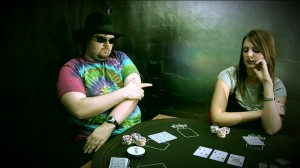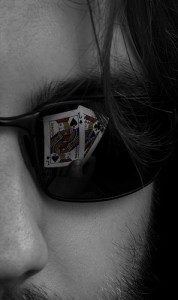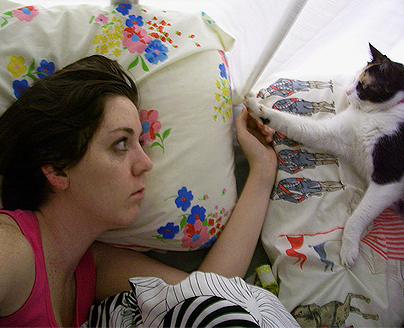The Flexible Mind
Have you ever noticed how easy it is for the mind to dwell on negative thoughts, or how hard it is for the mind to be grateful? Thoughts tend to enter the mind unbidden and to control one’s mood, and therefore one’s behavior. Anyone who has ever suffered from insomnia, or who struggles with depression, or who has to fight various addictions, knows the difficulty of controlling the influence of thoughts that enter the mind, and that in some cases seem to exert control over the whole person.
For a long time scientists, including cognitive behaviorists and others, have believed that the mind is controlled by external circumstances, or the environment. The idea is that the way you were raised more or less totally shapes the way you think. What is happening around you controls what happens in the mind. Others assert that the mind creates various thoughts and emotions completely based on chemical processes that occur in certain sections of the brain.
More recent theories, however, suggest that the mind and the brain are far more flexible than anyone had imagined. While both environment and genetic or chemical processes certainly are involved in the way the mind operates, or the way the brain functions, it may be that the brain is more than the passive object in the way the mind actually works. Rather than understanding the way we experience life through the mind as a direct result of what is happening in the brain, recent discoveries have shown that it is possible that the mind can influence the way the brain itself is hardwired.
In the late 1990s a scientist at Princeton named Elizabeth Gould found that the brain is more malleable than previously thought, and that new neurons and new connections could be created through learning new behaviors. In other words, rather than the mind influencing the way we act (for instance, negative thoughts creating foul moods and bad behaviors), actions could also influence the connections the brain makes, and therefore the way the mind thinks.
Another scientist named Richard Davidson from the University of Wisconsin built upon this discovery and found that changing the way one thinks can rewire the way the brain works. In other words, the traditional assumptions had it wrong: the brain does not, through genetics or chemical processes, have absolute control over the mind and therefore over the way we think and feel, but the mind can actually change the way the brain is wired, so that we can be less reactive to intrusive thoughts and more stable in the way we live and behave.
One of the primary methods Davidson used in his inquiry into the way the mind and brain function together was through mindfulness meditation. He discovered that the monks of the Dalai Lama generated far more gamma waves than other, average, healthy people. Those who practice meditation tend to use the mind to physically change the hardwiring in the brain in such a way that far more positive thoughts and emotions are generated than negative ones. The implications are extraordinary. Not only is there a potential for naturally overcoming intrusive thoughts, which sometimes result in mental disorders, but also for healing Alzheimer disease and other afflictions that are rooted in brain functions.


























